Closing in on the Cape: South Africa Offshore Exploration
Location:
South Africa
Project risks:
Environmental Destruction, Litigation
Upstream companies:
- Shell plc
- TotalEnergies SE
- Sasol Ltd
- QatarEnergy
- Meren Energy Inc
- Impact Oil and Gas Ltd
- Eco (Atlantic) Oil & Gas Ltd
- Panoro Energy ASA
- Tower Resources Ltd
- Africa Energy Corp
- New Age (African Global Energy) Ltd
- Petroleo Brasileiro SA – Petrobras
- Sungu Sungu Group (Pty) Ltd
Gas-Fired Power companies:
- Coega Development Corporation Pty Ltd
- Phakwe Group (Pty) Ltd
- Phakwe Richards Bay Gas Power 3 (Pty) Ltd
- Richards Bay Gas to Power 2 (Pty) Ltd
- Eskom Holdings SOC Ltd
- Flexible Energy Developments (Pty) Ltd
- Khanyazwe Flexpower (Pty) Ltd
- Pictor Energy (Pty) Ltd
- Newlyn Investments (Pty) Ltd (Newlyn Group)
- Globeleq Africa Holdings Ltd
- Mainstream Renewable Power Ltd
- Aker Horizons ASA
- Aker ASA
- Mitsui & Co Ltd
- British International Investment Plc
- Norfund
approximate location of the seismic survey off the Wild Coast
Offshore oil and gas expansion starts with a bang. The loud blasts of seismic surveys signal the beginning of exploration. In recent years, these blasts have become terrifyingly familiar to coastal communities in South Africa. All along the South African coast, companies like Impact Oil and Gas, Shell and TotalEnergies are conducting seismic surveys to search for new oil and gas deposits. The continuous detonations from the survey ships create an underwater hell for whales and other animals living in the ocean. Luckily, the oil and gas companies’ blasts have not been able to shatter the barriers set up by Indigenous resistance, environmental defenders and the South African Constitution.
Note: Reputational risk projects on GOGEL are updated annually. This article was last updated November 4 2025.
The Race Is On
As of 2025, the state-owned PetroSA is the only company producing oil and gas offshore in South Africa.2338015571 Fossil fuel companies now want this to change. Currently, around 20 oil and gas companies hold stakes in the oil and gas blocks that line most of the South African coast.1498914917 Approximately half of these companies are not from Africa. Shell, TotalEnergies and Qatar Energy are some of the more prominent players hoping to hit the jackpot in South African waters and bring home profits to boardrooms in London, Paris and Doha. Their South African partners, like Main Street or Sunbird Energy, also hope to fill their pockets with fossil money, regardless of the social and environmental costs.
The Invisible Threat
For now, the South African oil and gas boom is hardly visible to the naked eye. However, the maps of the South African Petroleum Agency make strikingly clear to see what is on the horizon for coastal communities. All around the southern tip of the African continent, virtually every inch of ocean is part of an oil and gas block.14919 In fact, oil and gas blocks cover approximately 95% of South Africa’s marine environment. Despite South Africa’s exceptional marine biodiversity, only 5% of the ocean lies within Marine Protected Areas (MPAs) that prohibit oil and gas exploration and production.14921
Loud and Risky Business
When oil and gas companies buy stakes in a license and apply for exploration rights off South Africa's coast, they are investing in a black box. They do not know where or if they will find oil and gas within the block. To find the oil and gas deposits and estimate the size of the reserves hidden deep under the seabed, they use seismic surveys.
Although many people know that oil and gas production carries a great danger of spills and accidents, few recognize the risks attached to exploration activities that take place years before production begins. Besides signaling the start of more climate-killing fossil expansion, seismic surveys have numerous disastrous effects of their own. Seismic survey ships use so-called airguns to send loud blasts through the water and deep into the ground every 10-15 seconds around the clock. By analyzing the sound that comes back to the surface, the companies create detailed models of the seabed. Each blast is as loud as a rocket launch, and the surveys often go on for months.14937 The sound travels down and into the seabed, but also in all other directions. Like the shock wave from an explosion, it spreads from the source to all sides. Because water is such an effective sound transmitter, the noise from an airgun can travel hundreds of kilometers. A blast can be just as loud at 12 km (7.46 mi) distance as it is from 2 km (1.2 mi) away.14939
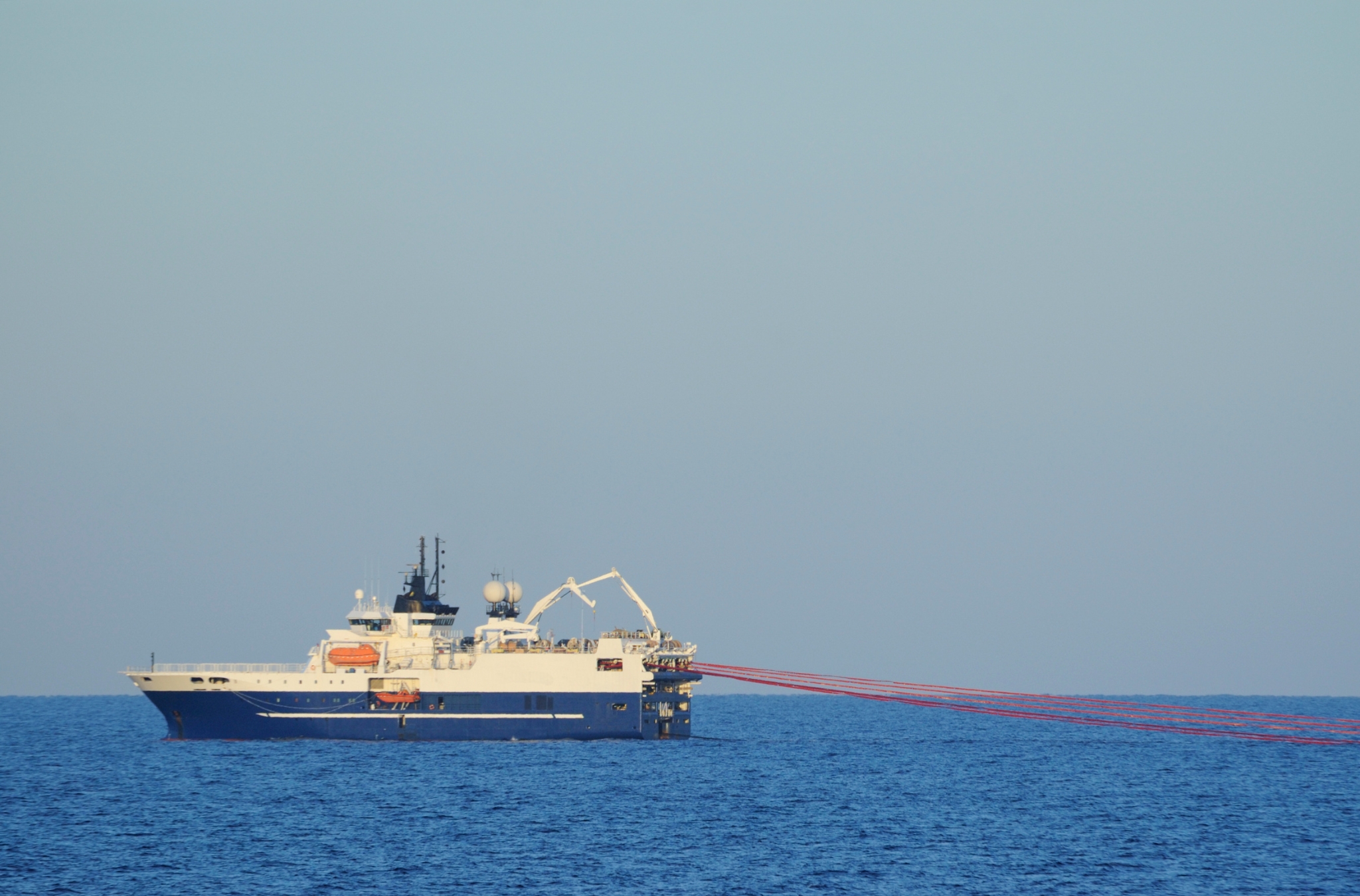
The noise from seismic surveys interferes with the life cycle of marine mammals and fish.14941 Whales and other marine mammals use sound for communication, orientation and hunting.14943 The noise from seismic surveys can make it difficult for whales to find food and communicate with their children. The blasts can deafen fish temporarily or even permanently.14945 At worst, the sound can even kill the animals. For the tiniest residents of the ocean, the sound is lethal at a massive scale. Researchers have found that seismic surveys kill zooplankton in a radius of at least 1 km from the blast.14947 Zooplankton are at the bottom of the food chain. Big and small fish, whales and dolphins live off them. When the zooplankton die, the animals have to live off less food or find new feeding grounds. Seismic noise sends shocks throughout the whole ecosystem.14949 In South Africa, subsistence fishing provides work for tens of thousands of people and food for many more.14951 Putting the fish at risk is a direct threat to their livelihoods.
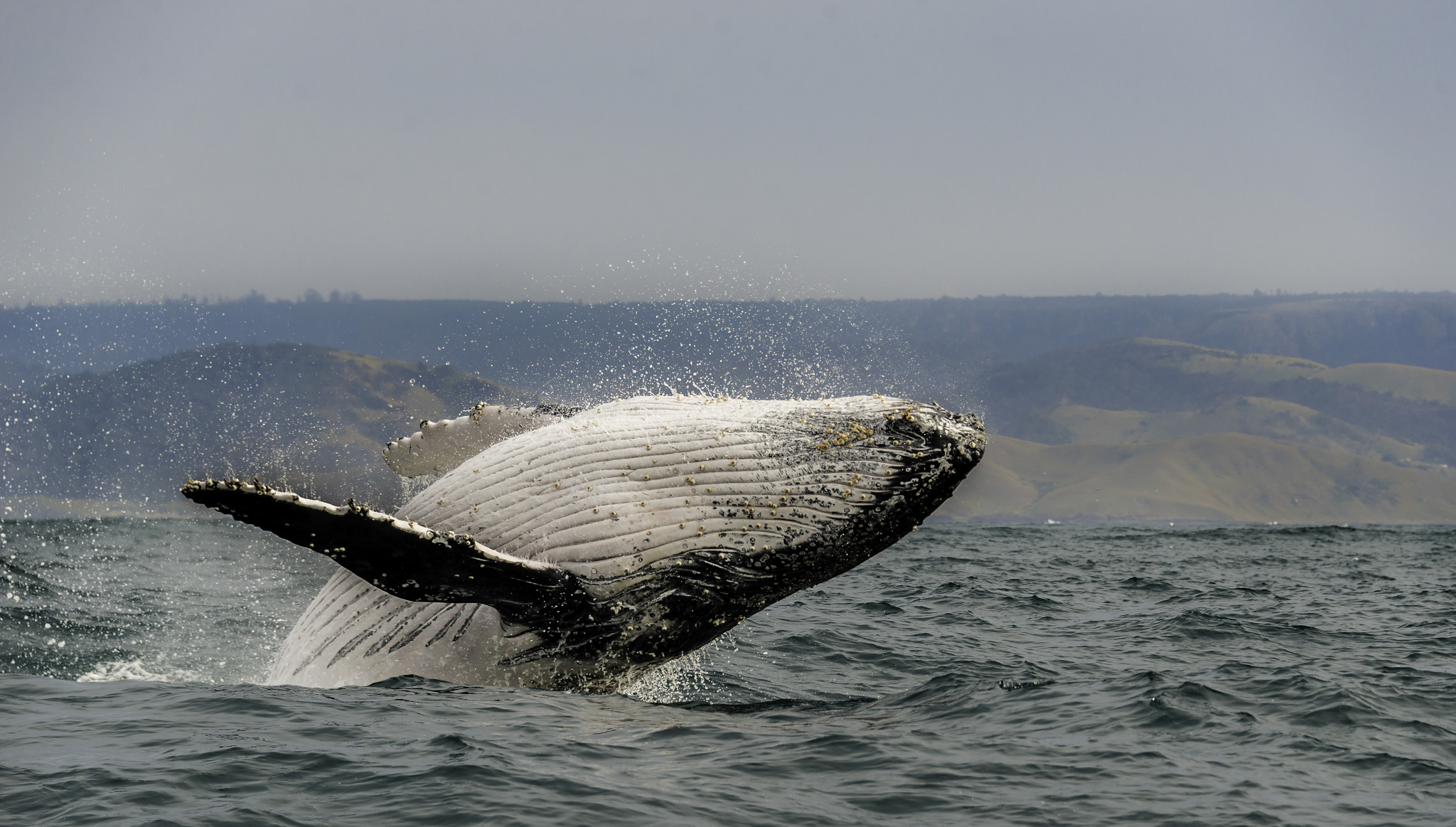
Blasting the Wild Coast
In 2021, the South African subsidiaries of Shell and Impact Oil and Gas started preparing a seismic survey off the Wild Coast in the Eastern Cape province.19567 Like many places along the South African coastline, the Wild Coast's biodiversity is dazzling. The mix of swift currents from the cool Atlantic in the west and warmer Indian Ocean in the east gives rise to a paradise of marine life all along the South African coast. Off the Wild Coast, the water transitions from subtropical to warm. Here, numerous fish species find protection from overfishing.14953 Colorful lace corals cover the seabed, creating an endless exotic underwater garden. The steep cliffs, sandy shores and subtidal reefs are home to many species that do not live anywhere else.14955 Between May and December, thousands of whales and dolphins pass the Wild Coast. Most of them are hunting the billions of sardines that swim with the cooler winter current towards Mozambique. Humpback whales pass by on their way from Antarctica to breed and calve in warmer waters.14957 Three Marine Protected Areas (MPAs), Dwesa-Cwebe, Hluleka and Pondoland, ensure that large parts of the coast and sea are out of bounds for oil and gas exploration and other industrial activities.14959 The Amathole Offshore MPA lies directly south of the Wild Coast. Even though Shell and Impact Oil and Gas knew that seismic noise would travel beyond the borders of these protected areas, the companies planned their exploration just outside the four MPAs.14961
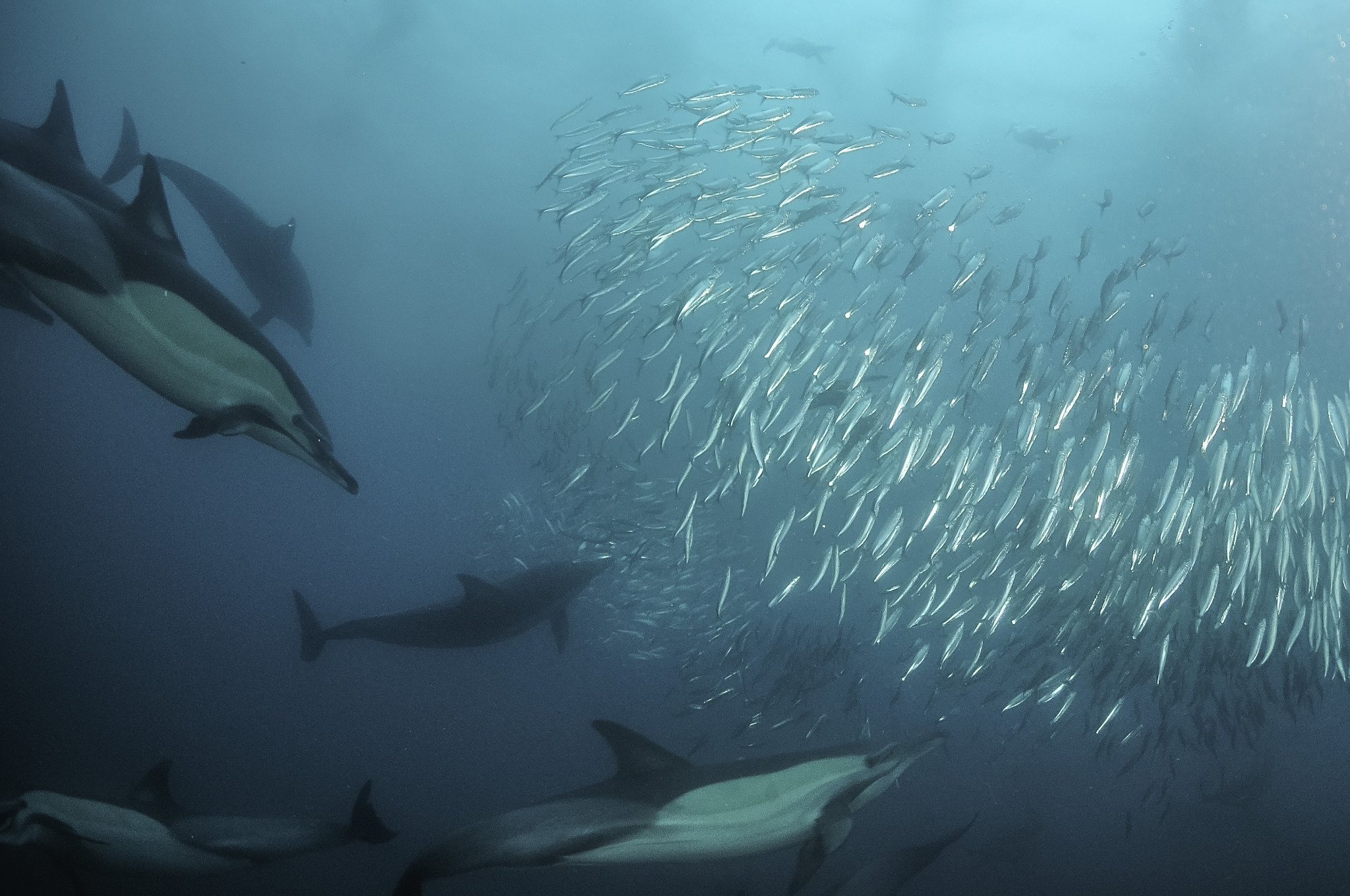
When Shell and Impact Oil and Gas arrived on the Wild Coast, Indigenous communities had reason to fear the potential consequences of the exploration plans. Indigenous people have lived along the Wild Coast for centuries, long before anyone had heard of oil, gas or Marine Protected Areas. They have deep spiritual and cultural ties to the ocean. Seismic surveys in other parts of the country had raised many questions and provided the Indigenous communities with few answers. In 2016, US company Schlumberger extended a seismic survey into the South African whale migration period. The same year, a record number of whales stranded on the beaches of KwaZulu Natal. Later investigations found no clear link between the survey and the strandings, but the event alerted researchers and Indigenous environmental defenders. If seismic surveys could potentially kill a massive animal like the whale, how would they affect the rest of the ecosystem? As Sinegugu Zukulu, a member of Sustaining the Wild Coast from the Amadiba community, put it: “[We] are the conservationists of the sea in our area, using practices handed down to us over generations”.14963 The Umgungundlovu, Dwesa-Cwebe, Port Saint Johns, and other Indigenous communities know better than anyone that the true value of their home easily exceeds the short-term profits of oil and gas companies.14965
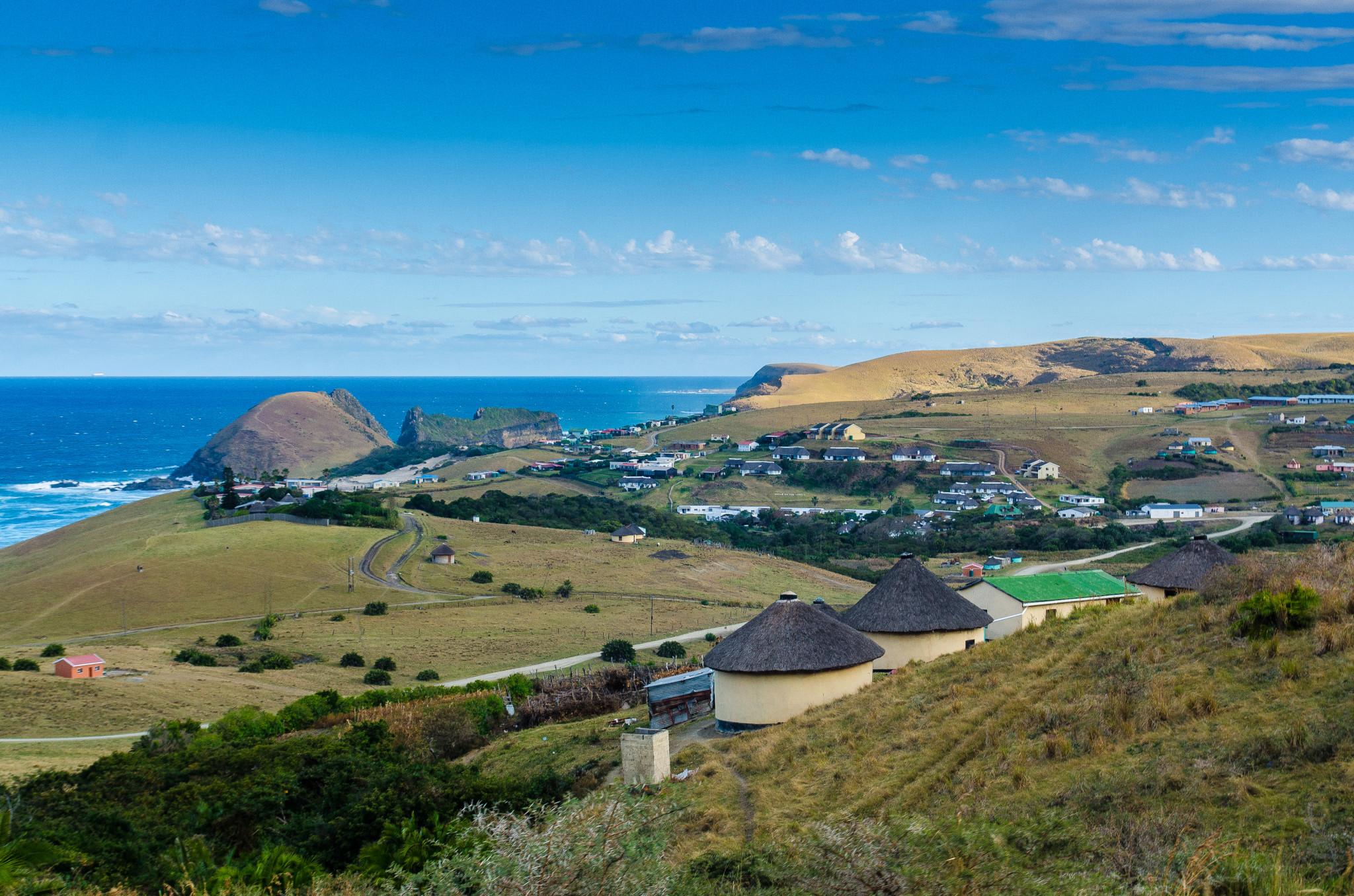
Turning the Tide
Despite mounting protests against their project, Shell and Impact Oil and Gas moved forward with their exploration plans off the Wild Coast. The survey ship “Amazon Warrior” began its work on 1 December 2021.14967 The day after the survey began, a coalition of Indigenous people, fishing communities and NGOs filed a court case against the companies and the ministry that had issued the exploration permit. On 1 September 2022, the court annulled the exploration right granted to Shell and Impact Oil in 2014. It recognized the communities’ constitutional rights to their land and small-scale fishing.14971 Judge President Mbenenge argued that the oil and gas companies had not given Wild Coast communities the possibility to voice their opinion and argued for a precautionary approach to seismic surveys due to the lack of scientific consensus on its effects.14975 The South African Court of Appeal dismissed the appeal of the companies and the Ministry of Mineral Resources in June 2024. However, it allowed the companies to re-apply for the environmental license as long as they carry out improved public consultations. Communities and supporting organizations are considering taking the case to the Constitutional Court as the ruling leaves the door open for oil and gas exploration off the Wild Coast.19558
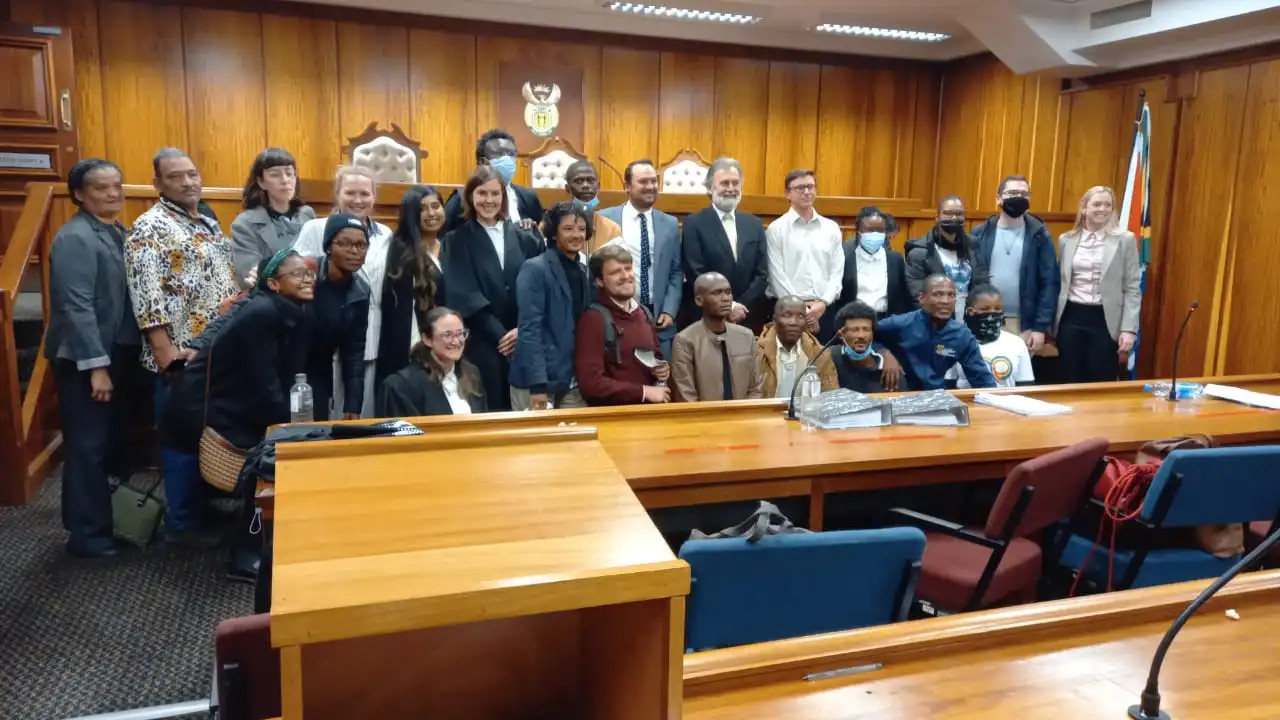
The Wild Coast case has shown people across South Africa that it is possible to stand up to the oil and gas industry. Since then, new coalitions have formed to take on companies that want to conduct seismic surveys in other parts of the coast. In 2022, the survey companies Searcher Geodata from the UK and Searcher Seismic from Australia had to leave the western coast after a court ruled in favor of environmental defenders.14981 Oil major TotalEnergies is also feeling the heat from activists. The campaign “Our Ocean TOTAL destruction” aims to put an end to Total’s expansion plans in the country.14983 Environmental groups have successfully challenged several of TotalEnergies' exploration licenses in court.1956023382 Now, the approval of the Environmental Impact Statement for Shell's newest exploration plans in an ultradeep area off the west coast is under fire.23381 Though the companies still hold stakes in several oil and gas licenses, the recent wins have reignited hopes of a fossil free future in South Africa.19562
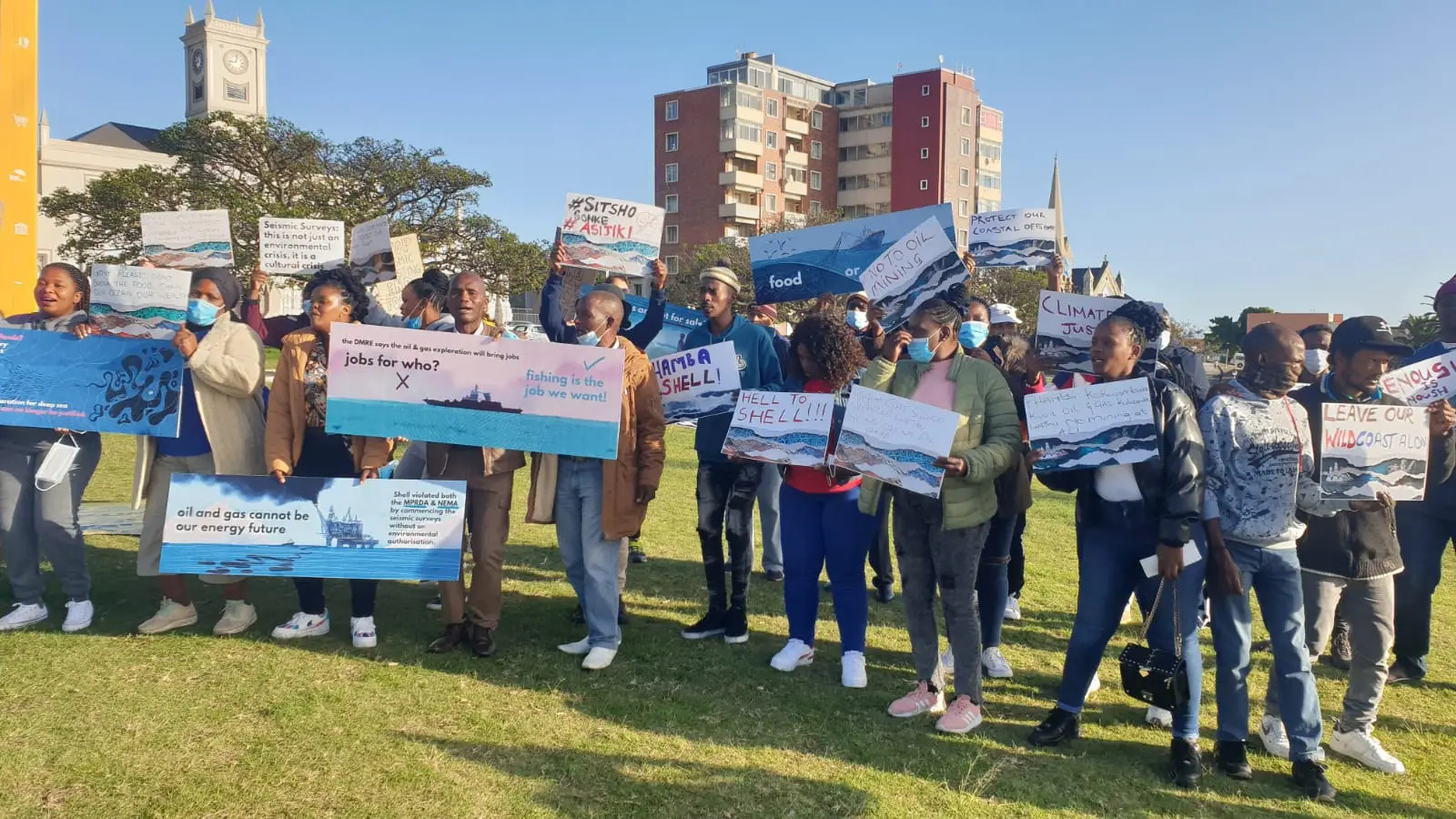
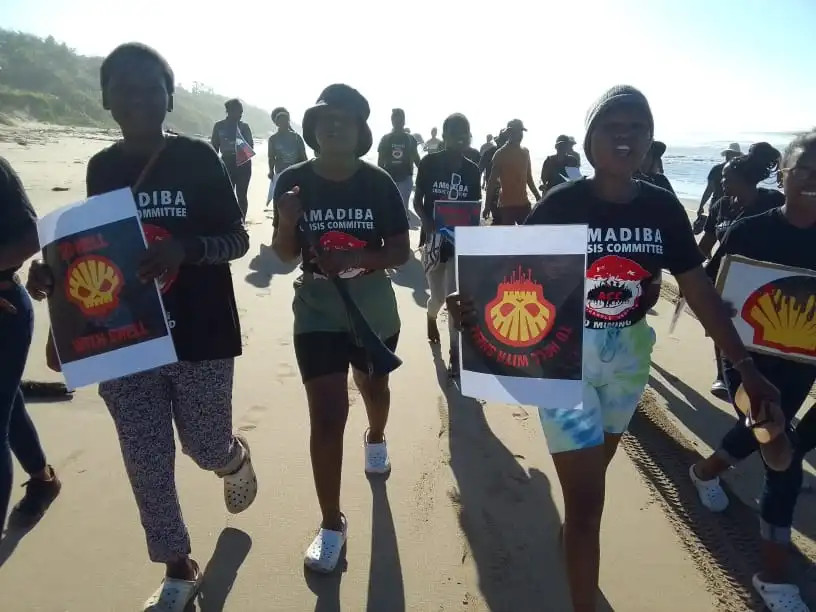
“Winning this means we are all moving towards an understanding that we need to find sustainable livelihoods; we need to move away from fossil fuels. This is for the good of everyone. Allowing Shell and the government to continue exploring for oil and gas and other fossil fuels would be detrimental to everybody’s lives and to the life of the planet. Winning means a sustainable life on this planet. A victory for the planet. Victory for future generations. It is not about us. We are in this fight for the good of the planet and the good of future generations.”
Sinegugu Zuzkulu, Sustaining the Wild Coast, after the Makhanda High Court nullified Shell and Impact Oil’s exploration right.14979
The local protests and legal battles across South Africa are all part of a major effort to stop exploration in South African waters once and for all.14985 Environmental organizations, Indigenous communities and ocean defenders all hope to turn the tide towards a renewable energy future.14987 Indigenous people, fishers and environmental groups are not afraid to fight for their rights in court. The country’s constitution and strict environmental laws give courts the tools they need to uphold human rights and defend nature. Small exploration firms, national oil companies and global oil and gas majors must all expect resistance.
Info Box: False Solutions
For many years, South Africa has been experiencing widespread power shortages. As the chronic energy crisis continues, fossil fuel companies are promoting themselves as part of the solution.1557315575 Upstream companies hope to kickstart offshore gas extraction by pushing for a gas-fired power build-out. Many power companies also happily front the narrative of gas as South Africa’s savior. For many years, the Turkish power company Karpowership has been one of the leading actors in these efforts. Karpowership is one of few companies that rents out floating power plants to countries around the world. All its power plants run on fossil fuels.15577 The company wanted to move forward with a 20-year procurement agreement with South Africa.15579 Instead of providing “fast-track, affordable and reliable electricity”, as Karpowership claims, the 6 proposed floating power plants were threatening to lock South Africa into an expensive, risky and dirty deal.1558115583 Its costs were projected to be as much as ZAR 11.3 billion (ca. USD 600 million) per year.15585 Environmental organizations feared South Africans living below the poverty line would suffer from increased costs of electricity and living. In October 2024, the government announced the deal was off the table: Karpowership failed both with obtaining environmental authorisations and securing financing for its projects.1559115593 This caused the company to lose access to the national grid and potential off-takers for its planned power production.19564 Both environmental organizations and Karpowership’s local partner company had previously bombarded the company with legal cases.1956519566 While the deal has been declared ‘dead in the water’ by the government, environmental groups will not rest until the deal is truly cancelled. They want to see all licences and environmental authorisations being formally revoked before they celebrate.19567
The South African government still clings to other gas-fired power projects. This behavior is puzzling. Research has found that developing the country’s abundant renewable potential would be a faster, more democratic and cheaper way out of the energy crisis and into the future.15595 In addition, a swift shift to renewables would help limit the hazardous effects of climate change already taking its toll on people and nature in the form of droughts, floods and wildfires.15597 The Centre for Environmental Rights and other civil society organizations are challenging power companies’ plans for gas-fired power expansion in court.15599 Their message is clear: Fossil gas is a false solution.
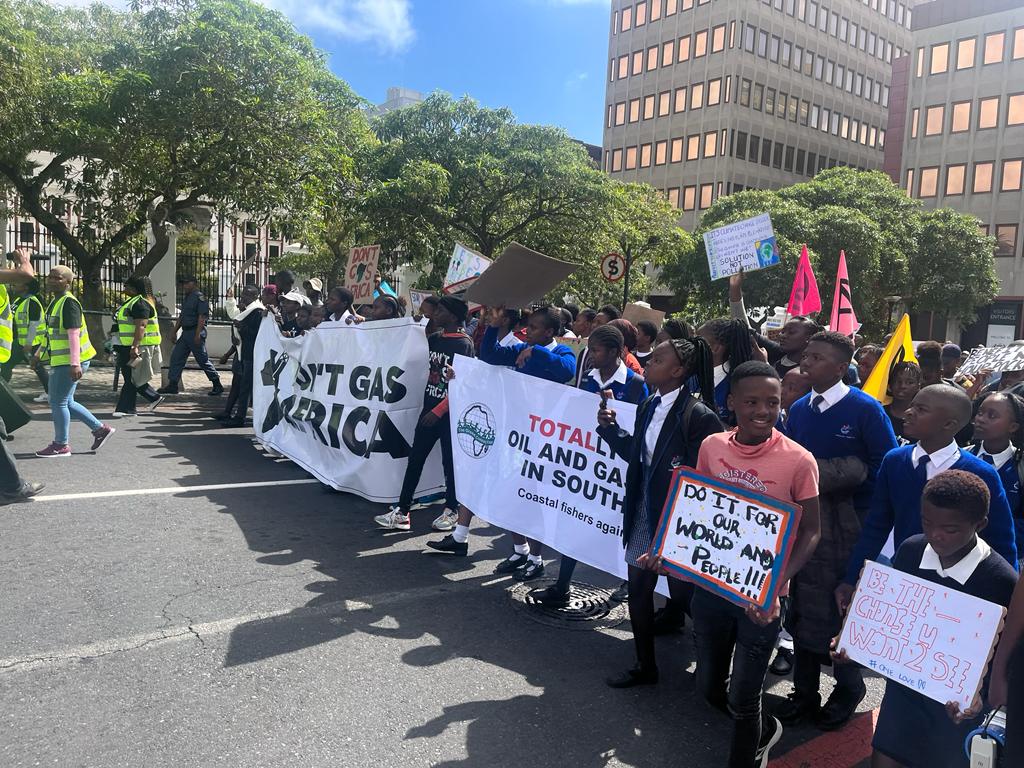
Groups working on South Africa Offshore Exploration: Sustaining the Wild Coast, Natural Justice, Centre for Environmental Rights, The Green Connection, Oceans Not Oil, BLOOM, All Rise Attorneys for climate and environmental justice, Dwesa-Cwebe communal property association, Fair Finance Coalition SA, Life after Coal, Greenpeace Africa
Sources:
Note: Shell defined a buffer zone of 5 km from the MPAs